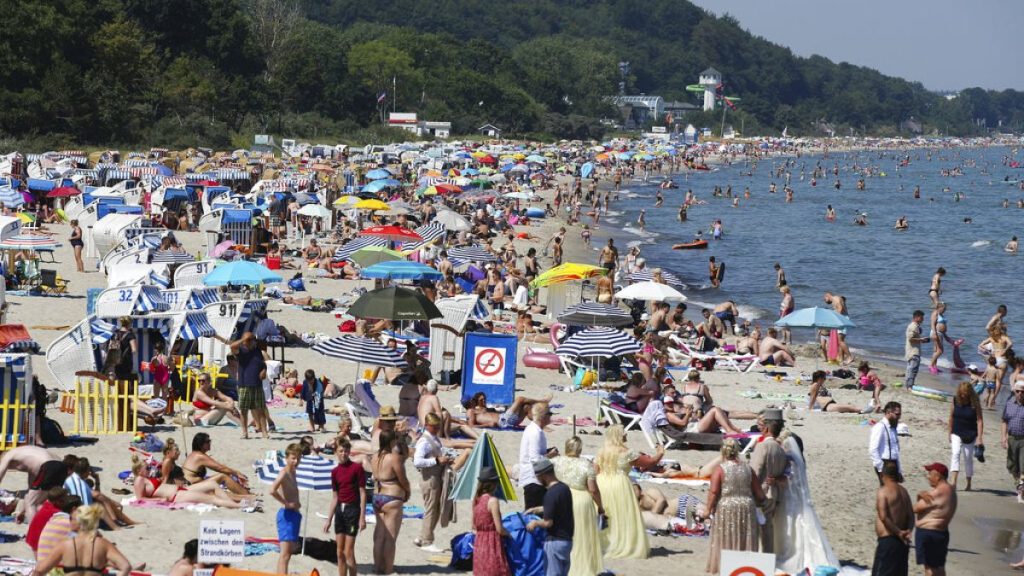A new study conducted by The European Trade Union Confederation (ETUC) has revealed that 39.7 million workers in the European Union, amounting to 14% of the population, were unable to afford a one-week vacation in 2022. This number represents a significant increase of two million people compared to the previous year. ETUC General Secretary Esther Lynch emphasized the importance of workers being able to take time off to recuperate and prevent burnout, highlighting the physical and mental health benefits of taking a holiday with family. Not all EU member states are affected equally by holiday poverty, with France experiencing the biggest increase and countries such as Romania facing particularly high rates of inability to afford vacations.
The European Commission has identified stress in the workplace as a prevalent issue among European workers, with approximately half of them considering it to be a common challenge. The need to address work-related stress and promote a better work-life balance is recognized as essential for overall mental health and well-being. The capacity to take a one-week annual holiday away from home is an indicator used by the EU to measure material and social deprivation in the bloc, alongside other factors such as access to a car and ability to meet unexpected expenses. The ability to afford a holiday is seen as a key factor in determining an individual’s access to items considered necessary for a decent quality of life.
Despite the benefits of taking a holiday, the study shows a troubling trend of economic inequality leading to a reversal of social progress in terms of vacation affordability. Lynch noted that one of the significant achievements of the 20th century was the increase in working-class families being able to afford holidays, which contributed to improved health and well-being for many. However, the current figures indicate a regression in social progress due to rising economic inequality. The study warns that the situation may worsen in 2023, as costs of holidays increase and wages fail to keep pace with inflation.
According to data from Eurostat, a majority of EU residents undertook at least one personal tourism trip in 2022, with domestic trips being the most common. German residents spent the most on international travel, followed by France. The study highlights the importance of access to holidays as a means of promoting physical and mental health, as well as providing valuable experiences for children. The European Union considers the right to disconnect from work as crucial for reducing work-related stress and achieving a better work-life balance, emphasizing the importance of ensuring workers have the opportunity to take time off to rest and recharge.
As the cost of holidays continues to rise and wages remain stagnant, the study anticipates a further deterioration in the ability of workers to afford vacations in the coming years. This trend underscores the broader issue of economic inequality within the EU, which is impacting the ability of a significant portion of the population to enjoy a basic quality of life that includes the opportunity for leisure and relaxation. The study serves as a reminder of the importance of addressing these disparities and working towards ensuring that all workers have the ability to take time off and enjoy a healthy work-life balance.


